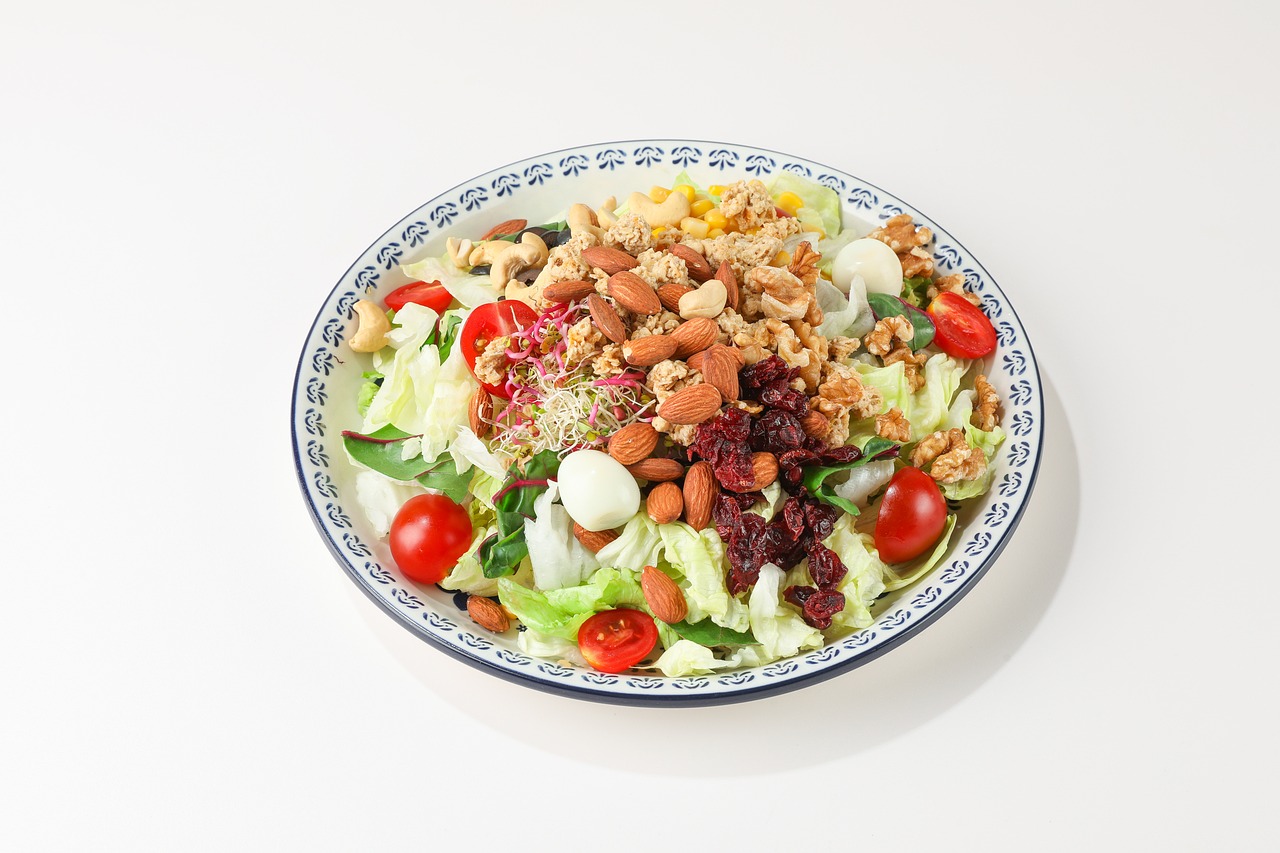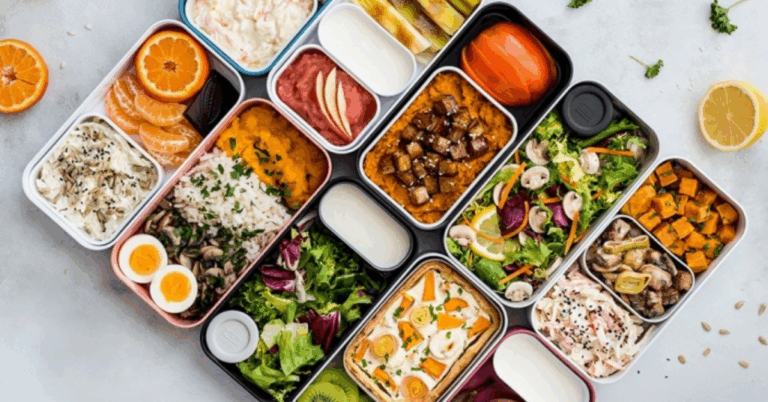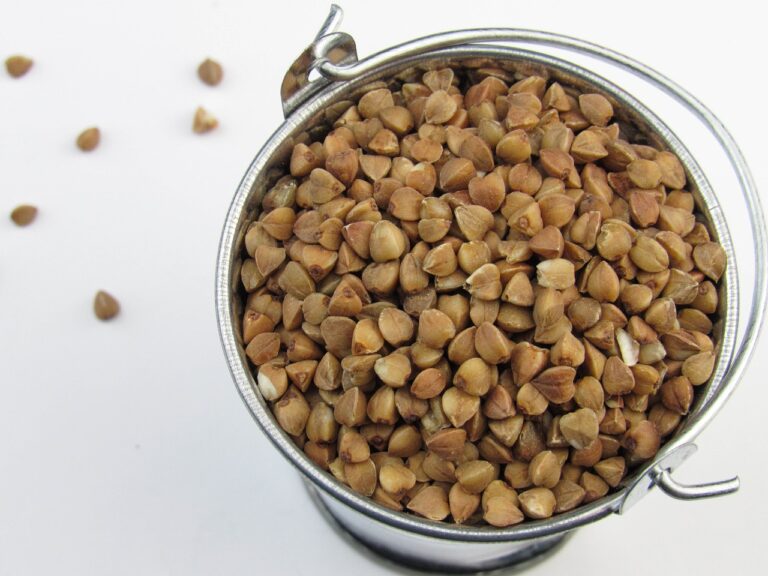Cooking with Exotic Vegetables: Tips and Recipes
Are you tired of cooking the same old vegetables and looking to spice up your meals with some exotic varieties? Cooking with exotic vegetables can add a whole new dimension to your dishes, bringing unique flavors, textures, and colors to the table. In this article, we will explore some tips and recipes for cooking with exotic vegetables that will help you elevate your culinary game.
Benefits of Cooking with Exotic Vegetables
Before we delve into the tips and recipes, let’s first discuss the benefits of cooking with exotic vegetables. Exotic vegetables are not only delicious but also pack a nutritional punch. They are rich in vitamins, minerals, and antioxidants, making them a healthy addition to your diet. By incorporating exotic vegetables into your meals, you can explore new flavors, experiment with different cooking techniques, and impress your family and friends with your culinary skills.
Tips for Cooking with Exotic Vegetables
1. Choose Fresh Vegetables
When cooking with exotic vegetables, it’s essential to choose fresh produce to ensure optimal flavor and texture. Look for vegetables that are firm, vibrant in color, and free from blemishes or bruises. Washing and storing them properly can also help prolong their freshness.
2. Experiment with Different Cooking Methods
Exotic vegetables can be cooked in a variety of ways, including roasting, grilling, saut驮g, steaming, and stir-frying. Experimenting with different cooking methods can help bring out the unique flavors and textures of each vegetable.
3. Season with Herbs and Spices
Enhance the flavors of exotic vegetables by seasoning them with herbs, spices, and condiments. Fresh herbs like basil, parsley, and cilantro can add a burst of freshness, while spices like cumin, turmeric, and paprika can add depth and complexity to your dishes.
4. Mix and Match Vegetables
Get creative in the kitchen by mixing and matching different exotic vegetables in your recipes. Combining vegetables with contrasting flavors and textures can create a harmonious balance that tantalizes the taste buds.
5. Don’t Overcook the Vegetables
To preserve the flavors and nutrients of exotic vegetables, avoid overcooking them. Cook the vegetables just until they are tender but still retain a slight crunch, as overcooking can result in a mushy texture and loss of nutrients.
Exotic Vegetable Recipes
1. Thai Basil Eggplant Stir-Fry
- Ingredients:
- 1 large eggplant, diced
- 2 tablespoons soy sauce
- 1 tablespoon oyster sauce
- 1 tablespoon fish sauce
- 1 teaspoon sugar
- 1/2 cup Thai basil leaves
- 2 cloves garlic, minced
- 1 red chili, sliced
- Instructions:
1. Heat oil in a wok or skillet over medium heat.
2. Add garlic and chili and saut頵ntil fragrant.
3. Add eggplant and stir-fry until tender.
4. Add soy sauce, oyster sauce, fish sauce, and sugar. Stir well to combine.
5. Add Thai basil leaves and cook until wilted.
6. Serve hot with steamed rice.
2. Roasted Moroccan Carrots
- Ingredients:
- 1 lb. baby carrots
- 2 tablespoons olive oil
- 1 teaspoon cumin
- 1 teaspoon paprika
- 1/2 teaspoon cinnamon
- Salt and pepper to taste
- Fresh cilantro, chopped
- Instructions:
1. Preheat oven to 400F.
2. Toss carrots with olive oil, cumin, paprika, cinnamon, salt, and pepper.
3. Roast in the oven for 20-25 minutes or until tender.
4. Garnish with fresh cilantro before serving.
FAQs
1. What are some examples of exotic vegetables?
Some examples of exotic vegetables include Thai eggplant, dragon fruit, water spinach, kohlrabi, and fiddlehead ferns.
2. Where can I buy exotic vegetables?
Exotic vegetables can often be found at specialty grocery stores, farmer’s markets, and online retailers. Some supermarkets may also carry a selection of exotic vegetables.
3. How can I store exotic vegetables?
Exotic vegetables should be stored in the refrigerator in a perforated plastic bag or airtight container to maintain freshness. Some vegetables, like eggplant and tomatoes, are best stored at room temperature.
With these tips and recipes, you are now ready to embark on a culinary adventure with exotic vegetables. Get creative in the kitchen, experiment with different flavors, and enjoy the vibrant and nutritious dishes you create. Happy cooking!







